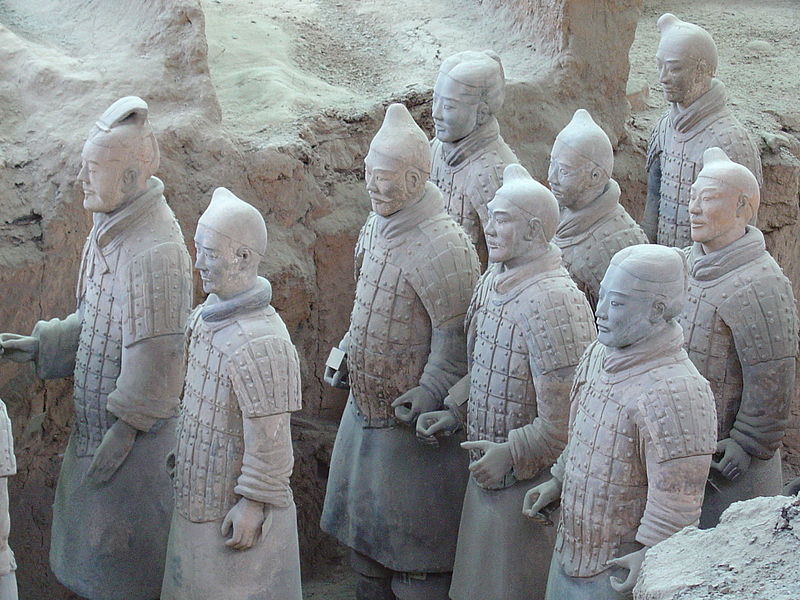In my read through the Bible this year, I am struck by the story of Balaam in a challenging way (Numbers 22-24). Here is a random stranger to the story and the people of faith in all of the story of the Bible so far, yet he is able to speak for God, but he allows greed and pressure from a local king to cause him to act only in his own self-interest.
I used to think that only those who are super-spiritual and faithful to God carried His power, but I’ve learned in my life through experience and encounters, that God often gives great gifts to others, like He did with Sampson, to show his power, even in broken vessels. He also often leaves His power with those who have fallen from their willingness to obey Him, the way He allowed Saul and Solomon to continue in their roles as king long after their faithfulness to God failed.
In our own modern world, I’ve seen this take place too. I’ve encounters a few individuals who use their God-given gifts of prayer or preaching primarily for their own personal gain. But I won’t name any names, I don’t invite you to judge or bash God’s servants publically, unless you’ve tried to confront them privately and need to help keep others from being led astray.
Here are some key takeaways that come to mind as I process Balaam’s story:
We should seek to be faithful, not gifted – just because someone is blessed with a great gift from God doesn’t mean that they are someone to be emulated or that they should be envied. Often times those gifted individuals are God’s example of a fool or a tragic story, both of which were true of Balaam.
He was a lot more like us than we might want to believe. Balaam wasn’t evil, so far as the Scripture indicates. He was foolish. He was disobedient. And He didn’t give God or God’s gift to him it’s proper respect. He was more one to try and bend God’s rules than to break them…and that reminds me, of me.
After Balaam asked God a second time about whether he should go with the messengers that were sent to him–disobeying God’s initial order which he should not have questioned–he ended up on a donkey that wouldn’t walk the path and ended up having a conversation with that animal in front of the officials from Midian. God made him foolish in the eyes of the officials.
Then he embarrassed the king three separate times–again failing to obey God’s clear and unchanging commands–and making the king foolish to his officials as well.
They wanted God to meet their terms. Both the king and Balaam hoped that they could game the system, and persuade God to get on their side through money and trickery. But God is not persuaded or manipulated. He showed that He will do exactly as He plans, and that His power will be used to accomplish His goals.
Ultimately, both the king and Balaam lost their lives to the Israelites later in the story. They made the mistake we often do all the time: they wanted God to meet them on their terms, rather than meeting God on His. Had the king relented in his plan to curse Israel and repented to the God who was clearly superior and powerful, perhaps his people would have been forgiven and given a life in their land.
So many people I meet want to be forgiven, to be blessed by God, and to do great things…but they want them on their own terms. They will not come to Jesus to be saved. They will not give up sin in their lives. They make foolish choices and expect God to bless their unwillingness to listen to wisdom, or at least rescue them. As a pastor, one of the most heartbreaking trends I see is people who come to the church needing food or shelter–but instead of letting us help through people and partners who are experts at getting people back on their feet long term, they demand that we do thing their way.
God’s power is always present–always guaranteed to those who meet God on His terms. God is never slow or unwilling to save someone who cries out to Jesus. He saves EVERY person who meets Him at the cross. His power is felt in every person who cries out for it and meets God where He is at. And there’s not a person I’ve met who seeks God with a humble spirit in His ways; in the Bible, prayer, and a community of people, that I don’t feel the Spirit of God powerfully when I’m around them.
We should seek to be faithful, not gifted.
We should never try to trick or manipulate God into doing what we want.
We need to obey what He commands, and not question a command or hope He changes His mind. To honor Him is to hold to the guidance we get from God, the first time He says it.
We need to meet God on His terms, not expect Him to meet our demands.
And if we truly desire for His power to be at work in and through us, we should see God humbly, daily.

Recent Comments